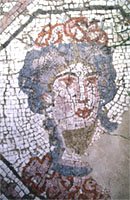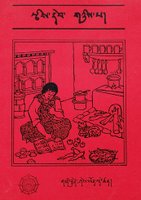UNESCO's Executive Board is to hold a public debate on the challenges, roles and functions of UNESCO tomorrow, October 4, 2006. The debate will take place in the UNESCO headquarters in Paris from 9.30 a.m. to 1 p.m. and from 3 p.m. to 8 p.m. Paris time.
The debate is to be
available by streaming video over the Internet.
The Chairman of the UNESCO Executive Board, Zhang Xinsheng, is to open the first session which is then to feature an introduction by its moderator, Baroness Valerie Amos, Leader of the House of Lords (U.K.). At 10.10 a.m., Chen Ning Yang, Nobel Laureate in Physics and Professor at Tsinghua University (China), is to speak of “science in the 20th and 21st centuries and its relevance to UNESCO.” He is to be followed by Richard C. Levin, President of Yale University, on “international cooperation in education and the role of UNESCO.” Alpha Omar Konaré, Chairperson of the African Union Commission and former President of the Republic of Mali, is to speak about “cultural diversity in the age of globalization and Africa’s perspectives of UNESCO’s role and potentials for partnership,” at 10.40 a.m. A two-hour open debate will follow.
Ernesto Zedillo Ponce de Leon, former President of Mexico, is to speak about “the impact, benefits and challenges of globalization as it relates to UNESCO,” in the session starting at 3 p.m., which he is also to moderate. The Tunisian Minister of Communication Technologies, Montasser Ouaïli, is scheduled to speak of “UNESCO implementing the recommendations of the World Summit on Information Societies: role of the media and communication” at 3.20 p.m. Evgeny Sidorov, Ambassador at Large and former Minister of Culture of the Russian Federation is to speak of “aspects of globalization and culture.” A two-hour debate is to follow, with remarks by the Director-General of UNESCO, Koïchiro Matsuura, at 5.50 p.m. At 6.15, an open-ended symposium is to be moderated by Dominique Wolton, Research Director at the CNRS, France’s National Centre for Scientific Research, who is to speak about “building the defences of peace in the minds of men through education, the sciences, culture and communication and information: future role of UNESCO.”
Read the full press release on the symposium.





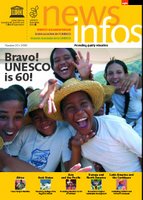
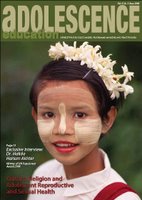
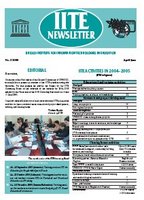



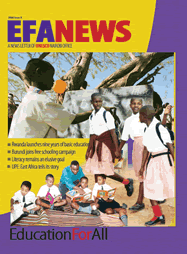
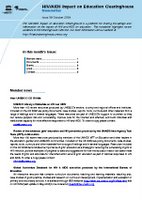

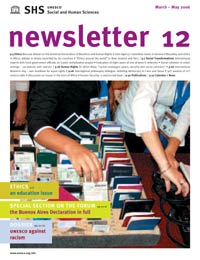

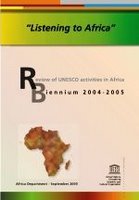

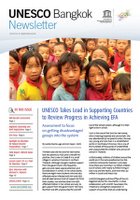

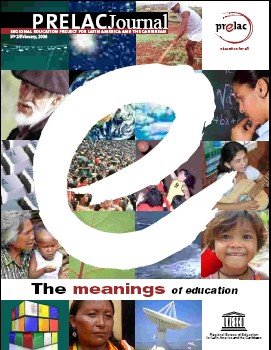
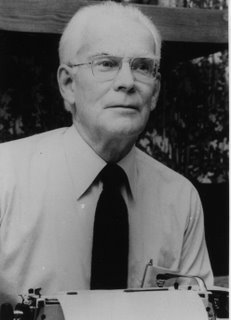







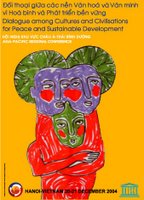
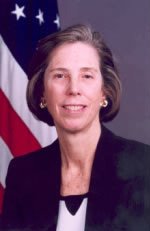
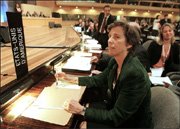
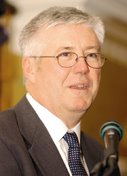

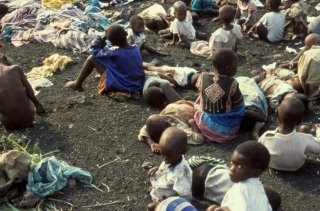


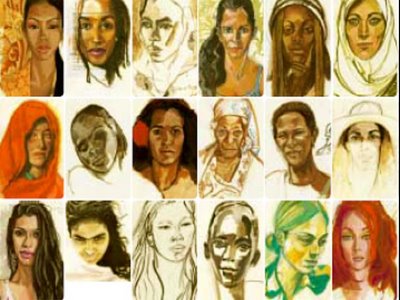

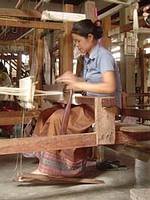
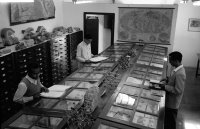
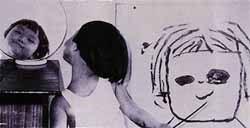
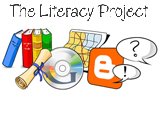
 © UNESCO/Studionada
© UNESCO/Studionada